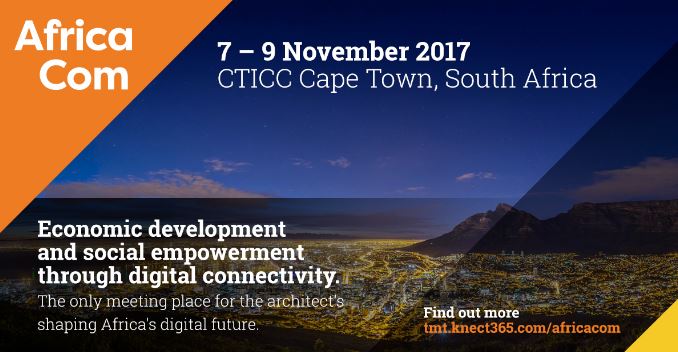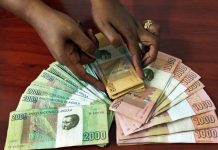O AfricaCom celebrated its 20 anniversary this year with a record number of visitors, exhibitors and speakers. Maybe the bike of this event could be "IT'S TIME TO STOP TALKING AND START DOING IT!". In fact a call to all ICT players in Africa to pass from words to deeds.

Major actions identified as key to changing the current scenario of about 500 millions of Africans without access to Internet services:
- Overcoming low digital literacy in Africa to enable Africans to benefit from technology,
- The “price of data” - making available to Africans tariffs and terminals at affordable prices allowing the dissemination of internet services among the population with the least financial resources,
- “African solutions to African problems” - technological solutions capable of overcoming existing barriers (such as energy) and local content or adapted to serve the real interests of the population (such as information on agriculture, health care, financial services)
DOn the infrastructure side, the 2G will continue to play a relevant voice role and allow first-contact data to many Africans living in rural areas. Mobile Broadband will continue to grow significantly in Africa, given the rollout of mobile broadband networks and the erosion of smartphone prices. Over the next 5 years, 3G will continue to dominate mobile data networks, but LTE will be claimed, with 2022 expected to have around 210 millions of users. The 5G rollout is expected to happen at a much lower pace than in other geographies. Some Vendors consider that in 2023 the 5G will only represent 1% of the broadband accesses.
The financing difficulties of many operators coupled with low ARPUs make it increasingly urgent to adopt effective infrastructure sharing practices. For this to be feasible, national governments and regulators will have a decisive role to play either at the legislative level (forcing shares to be respected) or for other measures to facilitate sharing such as tax incentives, roaming agreements in rural areas, involvement of municipalities in the regulation of the construction of infrastructures.
The startups movement in Africa is already a reality. For example, the VC4A platform has 8500 African startups. Many operators are establishing partnerships with these startups in some cases supported by World Bank funding. In fact, operators need to overcome the limitations to the success of their business plans caused by low ARPUs by creating new business models based on products and services that are attractive to Africans. Such an objective requires a successful strategy.







